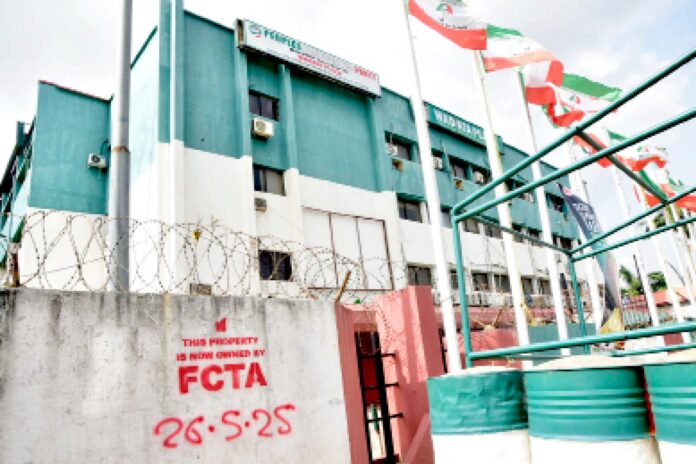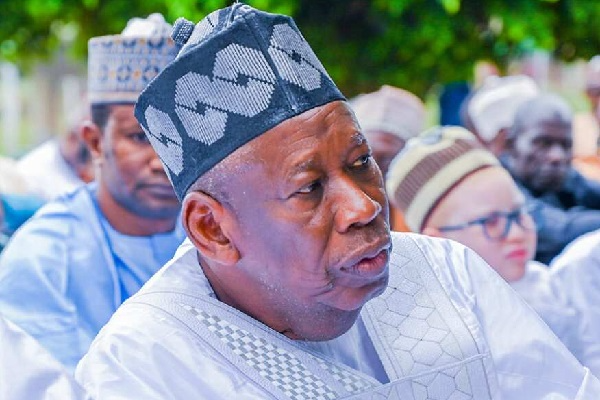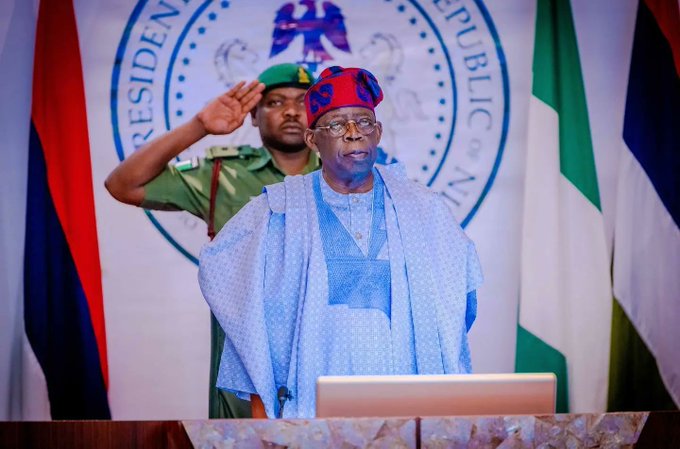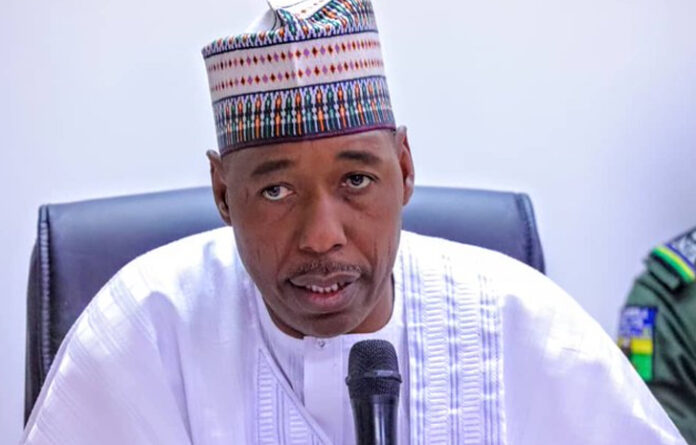Dangote Industries to Begin Coal Exports, Eyes $7 Million Daily Fertiliser Revenue
Aliko Dangote, President of Dangote Industries Limited (DIL), has announced that the company will soon commence coal exports from Nigeria as part of its broader strategy to significantly scale up its export operations. Speaking during a courtesy visit to the Nigerian Ports Authority (NPA) headquarters in Lagos on Monday, Dangote outlined ambitious plans that could see the company become Nigeria’s top earner of foreign exchange,TheCable reports.
“We’re already exporting cement from our six-million-ton capacity plant in Itori,” he said. “In the next few weeks, we’ll begin exporting coal. Our fertiliser exports will soon reach eight cargoes, and our refinery will ship no less than 25 million tons of various petroleum products.”
In addition, DIL is set to export between 600,000 and 700,000 metric tons of polypropylene. Over the next two years, the company aims to export around 16,000 tons of fertiliser daily, which Dangote estimates could generate between $6.5 million and $7 million in daily revenue.
ALSO READ: AfDB Kicks Off Annual Meeting, To Pick New Head On Thursday
“With this export program, DIL will become a major driver of foreign exchange earnings in Nigeria,” he said. “This will have a direct impact on port activities, which we expect to double within the next one to two years.”
Dangote also praised the NPA, noting that DIL is currently its largest customer. He emphasized the importance of collaboration between the private sector and port authorities for the advancement of the marine and blue economy sectors.
“Our operations in Lekki alone will involve around 240 crude oil tankers annually, each carrying one million barrels. Combined with the export of refined products, this will result in over 600 vessel movements per year,” he said.
Regarding fertiliser exports, he added that nearly eight vessels will be involved in those operations alone. Dangote stressed the critical role of the NPA in supporting these logistics, calling on the federal government to bolster the agency with additional equipment, such as tugboats.
“Our operations depend heavily on the NPA’s efficiency. Without the right support, our logistics chain could face serious bottlenecks,” he warned. “We’ll be advocating for the NPA to receive the resources it needs from the federal government.”
Dangote Commends Naira-for-Crude Policy
Abubakar Dantsoho, Managing Director and CEO of the NPA, said Dangote’s visit was in part to commend the federal government’s naira-for-crude exchange policy, which began in October 2024.
“He’s here to express his appreciation for the gains we’ve made under the naira-for-crude policy, which has greatly improved transaction efficiency with government agencies,” Dantsoho said.
He added that the NPA has been handling an average of 57 vessels per month, surpassing the 600-vessel annual volume Dangote had initially projected.
Dantsoho also highlighted progress in digital transformation at Nigeria’s ports. “We’re pleased with the government’s approval of the National Single Window initiative, and we’re now 95% ready to roll out the Port Community System,” he said.
On expanding port capacity, he noted that this could be achieved either through upgrading existing ports (brownfield development) or constructing entirely new ones (greenfield development).
With Dangote’s expansive export strategy and increasing port traffic, the collaboration between DIL and the NPA is expected to significantly boost Nigeria’s trade, infrastructure, and economic outlook.











